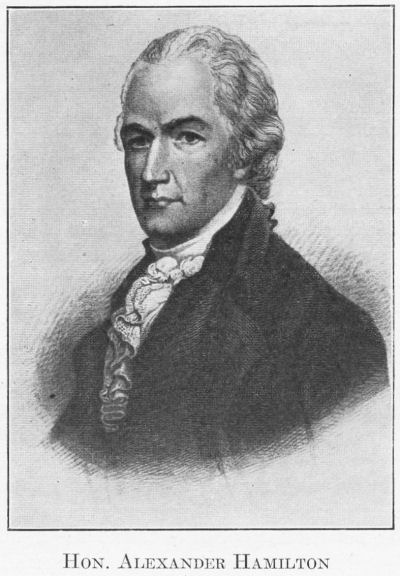SIR WILFRED LAURIER, former Premier
of Canada, in one of his post-prandial efforts, said: "Wherever there is a
good thing in the world, there you will find a Scotchman camped close
beside it"; and also that the Scotchman's prayer was, "0 Lord, we do not
ask you to give us wealth, but show us where it is".
The above quotations illustrate the
popular conception of Scotch thrift. The dour, hard life, the severe
climate and unresponsive soil of Scotland compel her sons to endure
privations and hardships, and to practise fundamental economy, which, in
turn, enable them to prosper greatly when they migrate to more genial
climes, where profligate Nature and developing civilization offer
abundance.
The Scotch enjoy wit and humour at
their own expense more than any other nation; seemingly conscious of their
own superiority, witty delineation of their national characteristics
appeals to their sense of humour.
They have in large degree taken to
merchandising and have contributed many of our merchant princes, as, for
instance, Alexander T. Stewart and James McCreery. In still greater degree
have they taken to banking, wherein they have been conspicuously
successful. Scrutinize the Board of Managers of our larger banks in our
larger cities and you will find Scotia conspicuously represented.

In the dawn of our national
existence, that transcendental financial genius, Alexander Hamilton, a
Scotchman, did more than any other to give to the government of that time
form and character, and to guide it upon a successful career. He was the
first Secretary of the Treasury, and in the course of his official conduct
laid down the principles of banking and economy that should govern private
as well as public finance; he drew the charter of the First United States
Bank; he made a report to Congress upon the necessity for a mint and the
good results that would be obtained from the same. All these works of his
are classics, and the fundamental principles involved and evolved are as
applicable to the present and the future as they were to the necessities
of the time. The thirteen colonies, poor, disconnected—for inland
transportation was little advanced beyond the trail—unaffiliated, selfish,
envious, jealous of each other, as soon as the cohesive force of a common
danger was removed, as soon as their independence was acknowledged and
peace declared, began quarrelling among themselves. They had many
differences—-the most important and most troublesome related to finance.
Massachusetts and Virginia had contributed most in men and money to the
Revolutionary cause and naturally expected to be reimbursed by the other
colonies, who were deficient in the propel and equable ratio of
contribution, and made such demands; so did other colonies, and it seemed
as though the Federation of Colonies might be disrupted because of the
disagreement over the adjustment of the cost of the Revolutionary War.
When acrimony was at its height, Hamilton suggested that the Federation,
the united colonies, assume all the debts of each colony incurred on
account of the war. When asked how the Federation could pay these debts so
assumed, he replied. ‘‘By levying a duty upon imports, sufficient funds
for such purpose could be easily obtained and at the same time needed
protection to our struggling industries be afforded." The suggestion was
adopted, the union was saved and the successful working of the policy he
inaugurated is the most conspicuous monument to greatness that history
accords any statesman. Though Hamilton has no equal he has many worthy
followers in the field of finance among the sons and descendants of sons
of Scotland.
A. BARTON HEPBURN.
New York City.

